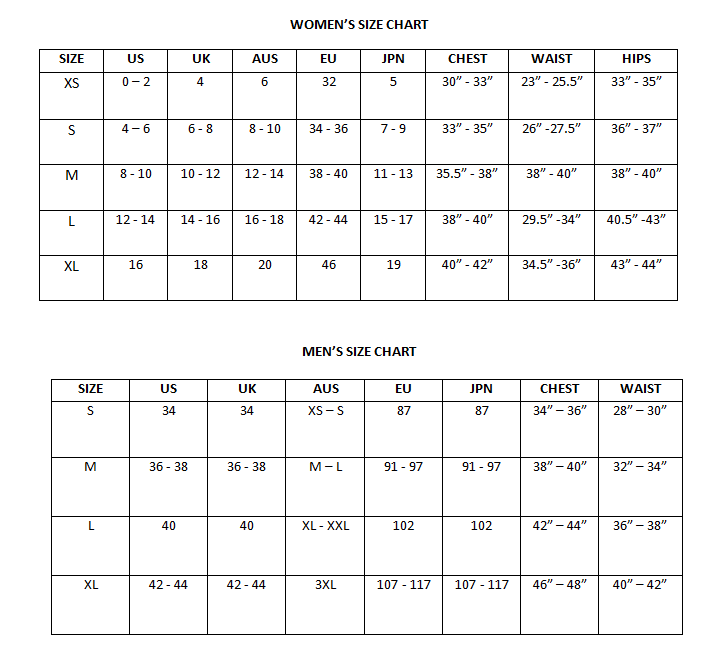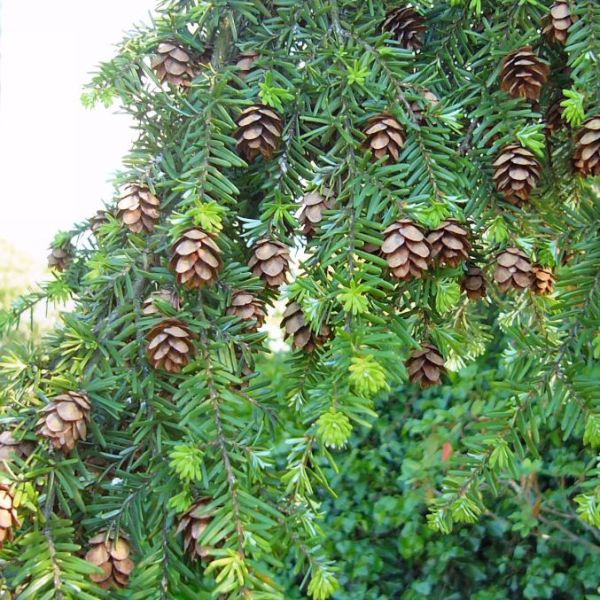Tsuga Heterophylla Seeds (Western Hemlock Seeds)
Tsuga Heterophylla Seeds (Western Hemlock Seeds)
Tsugas are typically tall, graceful trees with spreading branches that droop downwards at the tips creating a cascading effect. It is growing at a fast rate.

Delivery
All orders shipped with UPS Express.
Always free shipping for orders over US $250.
All orders are shipped with a UPS tracking number.
Returns
Items returned within 14 days of their original shipment date in same as new condition will be eligible for a full refund or store credit.
Refunds will be charged back to the original form of payment used for purchase.
Customer is responsible for shipping charges when making returns and shipping/handling fees of original purchase is non-refundable.
All sale items are final purchases.
Help
Give us a shout if you have any other questions and/or concerns.
Email: contact@domain.com
Phone: +1 (23) 456 789
Availability: In stock
SKU
Tsuga Heterophylla
Tsuga heterophylla, commonly known as Western Hemlock, is a majestic evergreen conifer native to the Pacific Northwest of North America. It is the largest species in the hemlock genus and an essential component of temperate rainforests, where it can grow up to 70 meters tall in ideal conditions.
This graceful tree is characterized by its slender, drooping top and feathery, flat sprays of short, glossy green needles. Its bark is reddish-brown and becomes deeply furrowed with age, adding texture and visual interest to mature specimens.
Western Hemlock thrives in moist, cool environments and prefers shaded or semi-shaded locations with well-drained, acidic soils. It is often found in dense forests and is highly tolerant of competition, making it a dominant species in many ecosystems.
In landscaping, Tsuga heterophylla is valued for its elegant form and year-round foliage. It also serves as important habitat and food source for wildlife, including birds and small mammals.
Whether cultivated as a striking specimen tree or grown for ecological restoration, Western Hemlock is a superb choice for those seeking a long-lived, shade-tolerant conifer with understated beauty.
| Label | Tsuga heterophylla |
|---|---|
| Common name | Western Hemlock |
| Genus | Tsuga |
| Species | Tsuga heterophylla |
| Germination | For faster germination, soak the seeds in slightly hot water for 24-48 hours, followed by 2 months of cold stratification before sowing in your soil mixture. Keep damp soil, not soaking wet. Keep pot in warm situation 20øC/68øF, 24øC/75øF. Germination can take several months. It can be more depending on their degree of unbroken dormancy, don't give up. |
| Scarification / Stratification | This will break their dormancy. It creates a cold and moist environment for the seeds. Mixed in seeds with slightly moistened vermiculite or peat, only damp in a ziplock bag. Close zip bag shut and store it in the salad crisper compartment of your refrigerator. If any seeds begin to sprout during the cold stratification, simply remove the seed and plant. |

